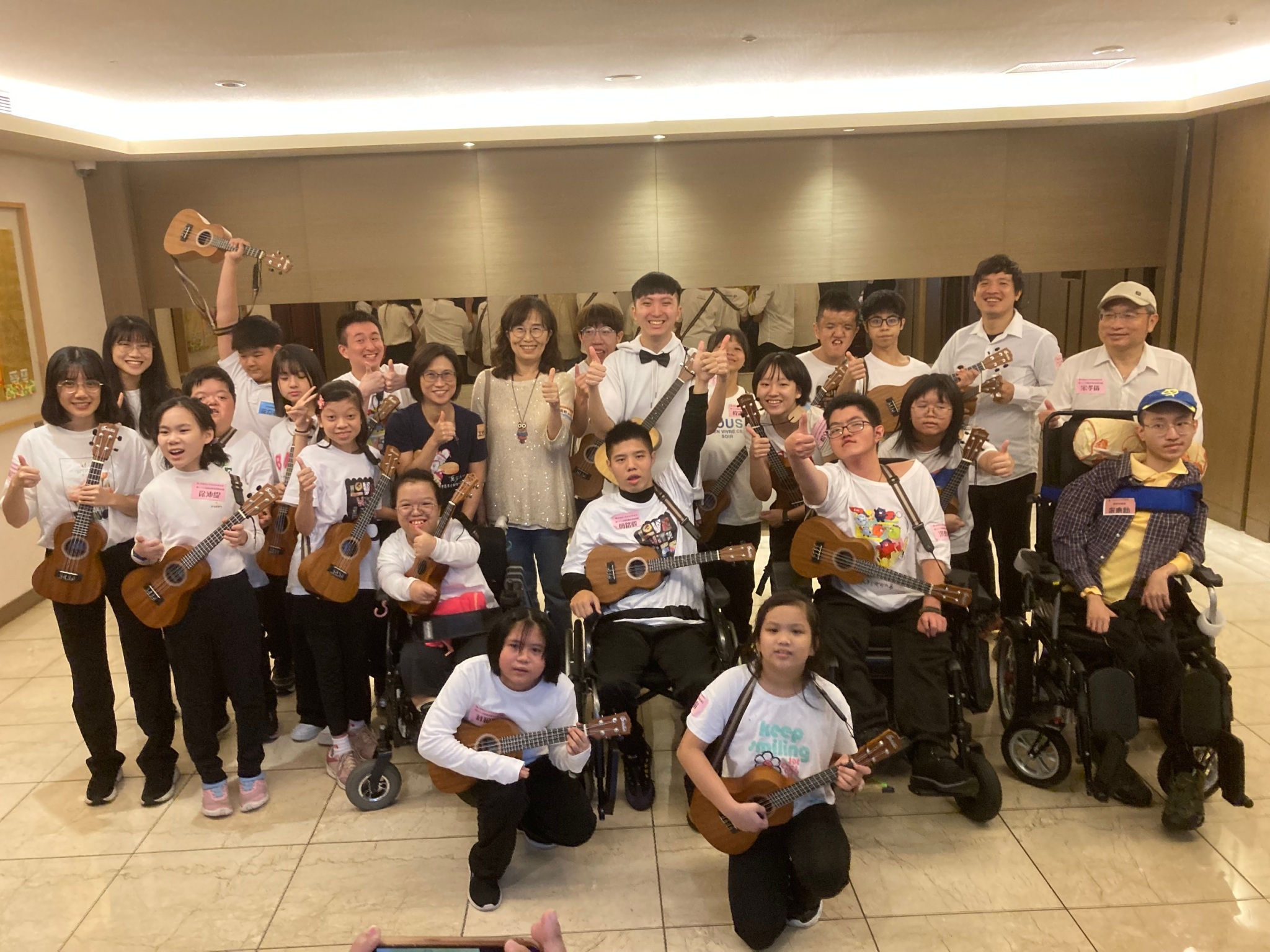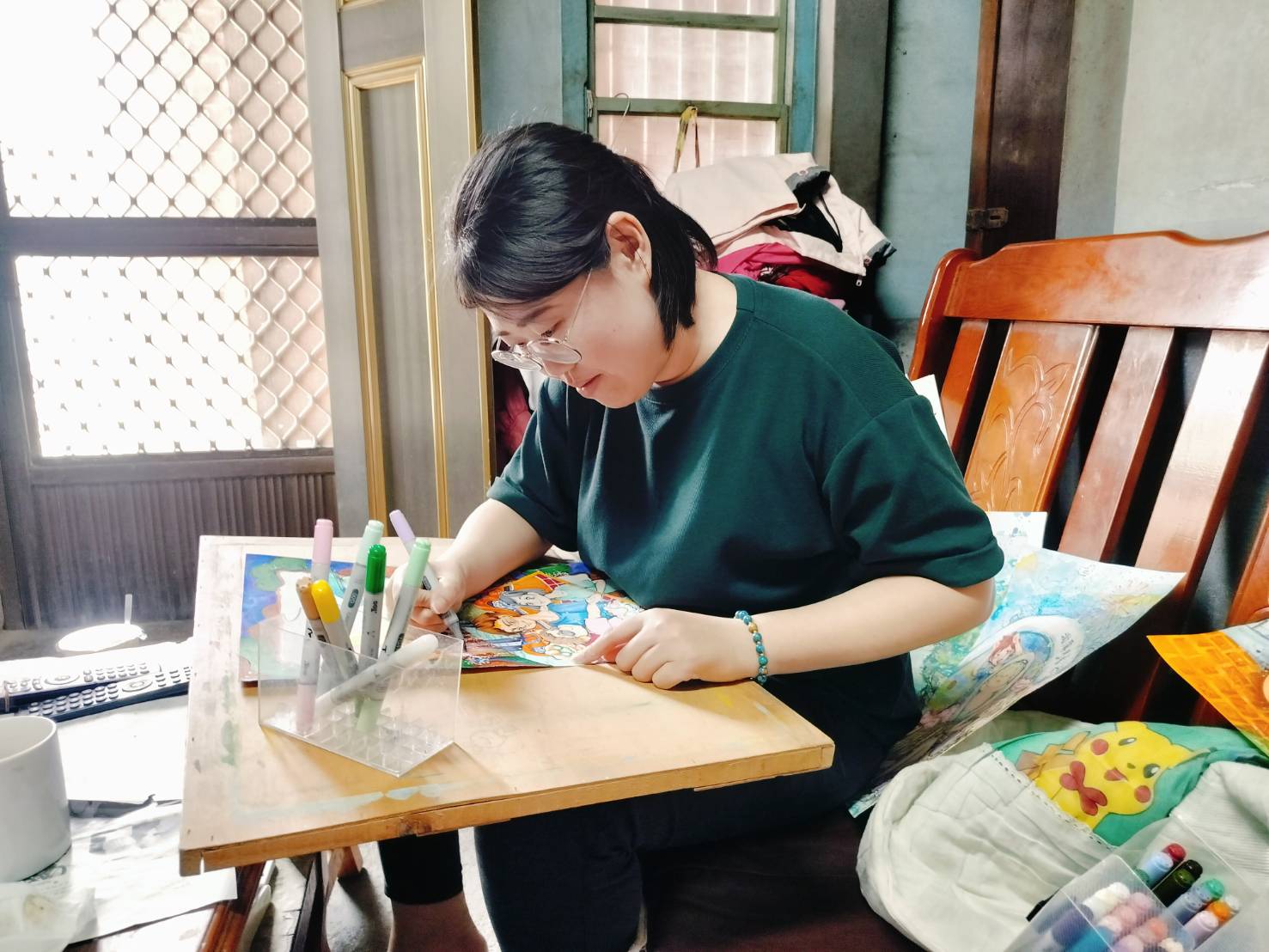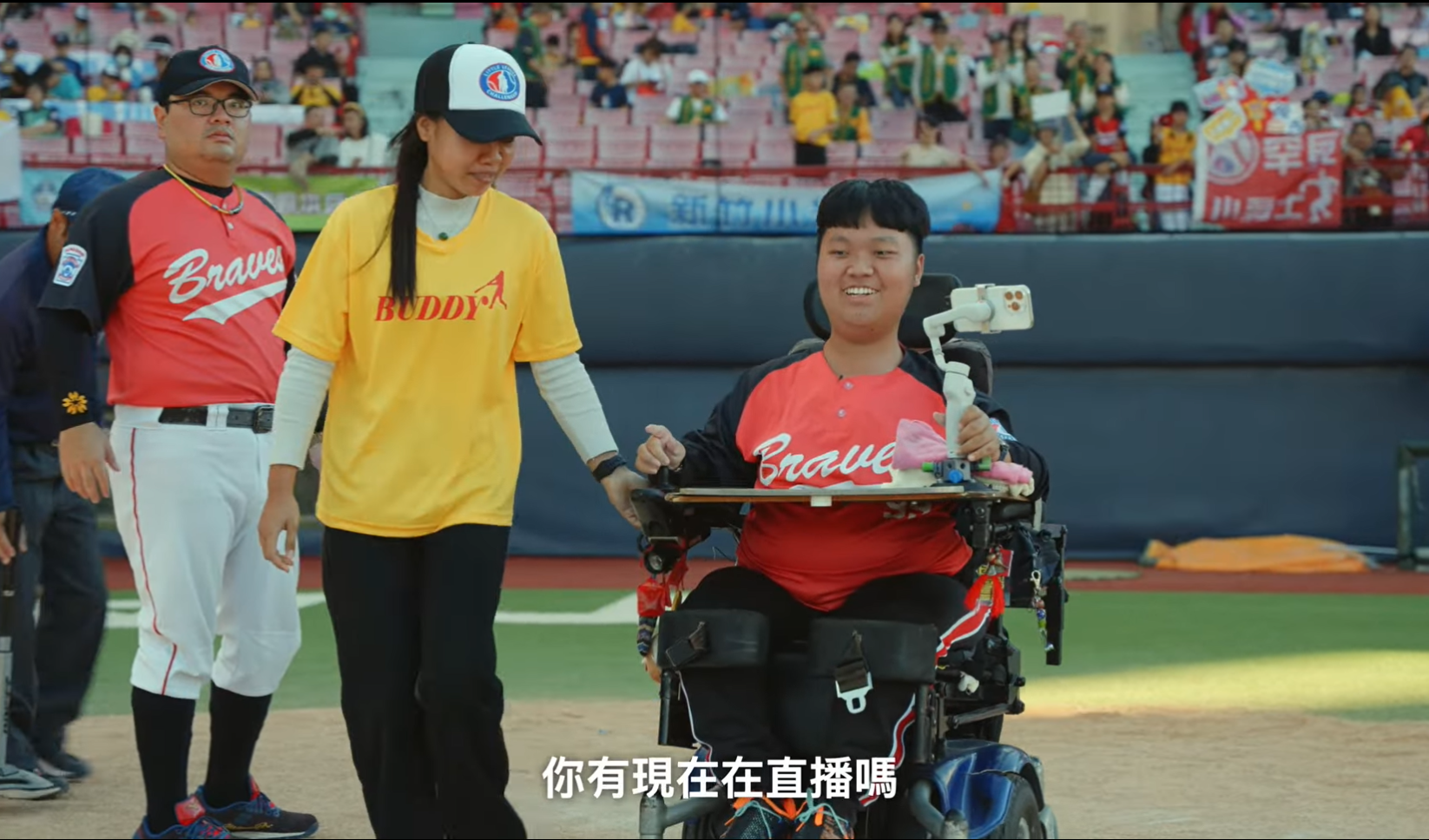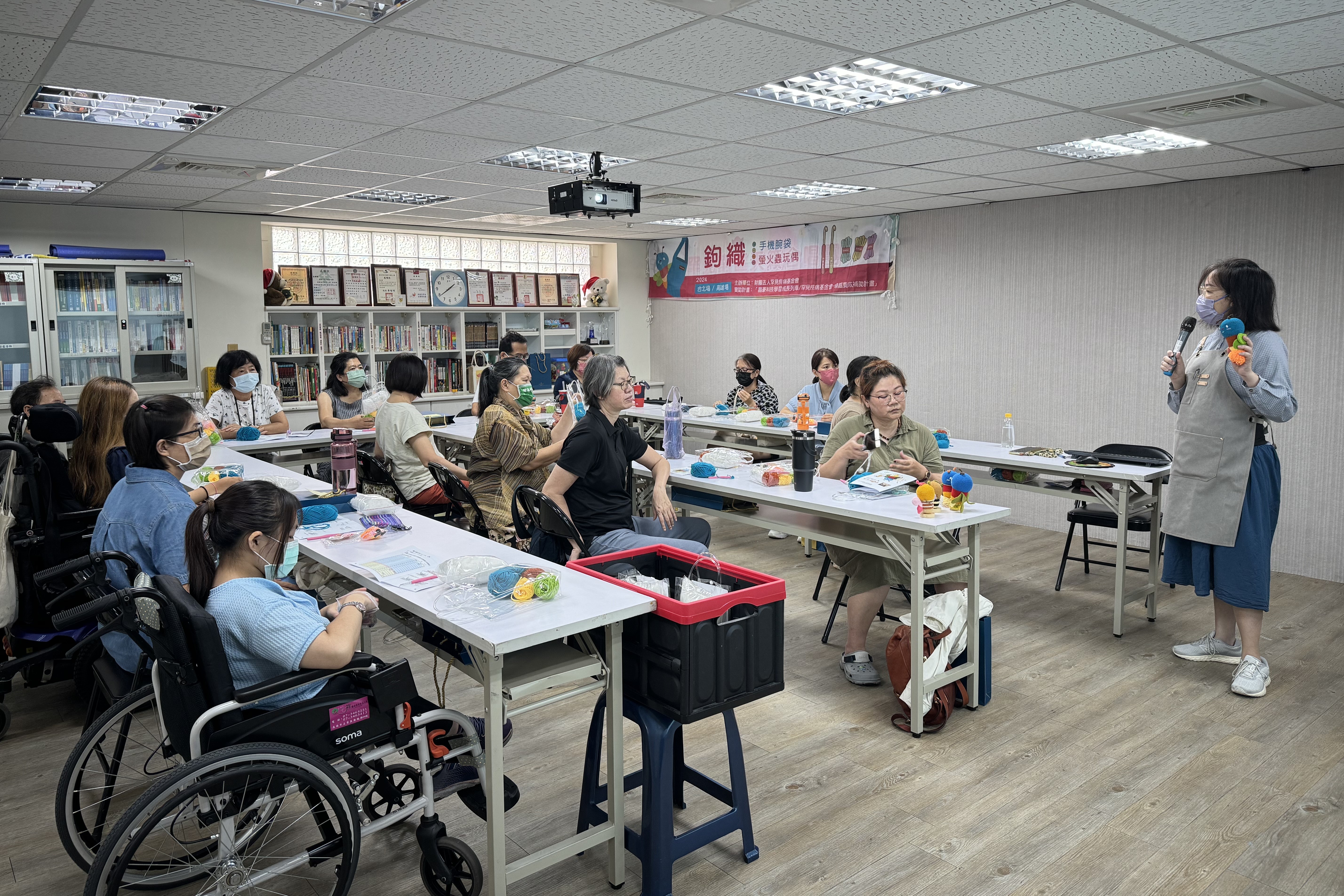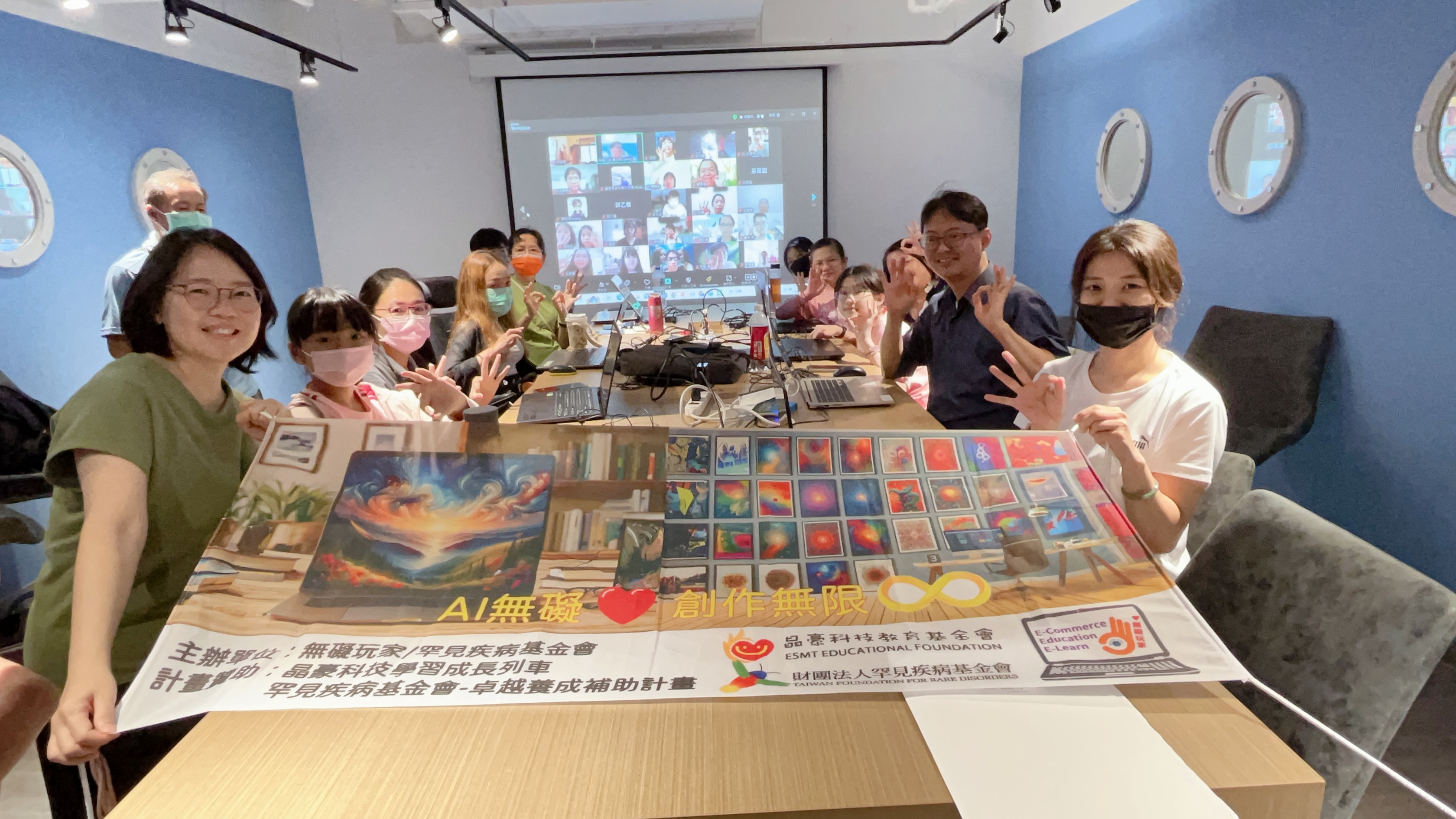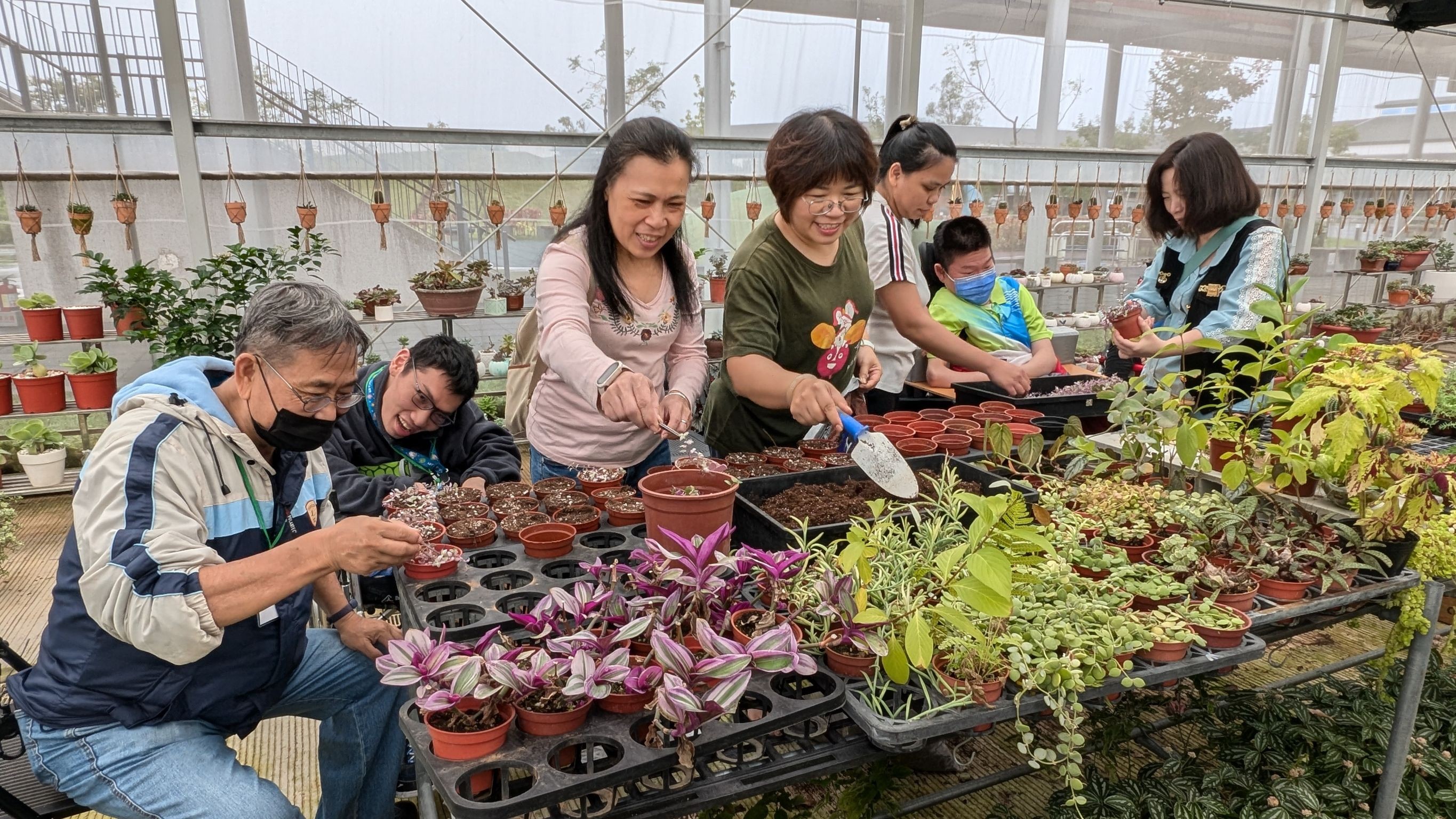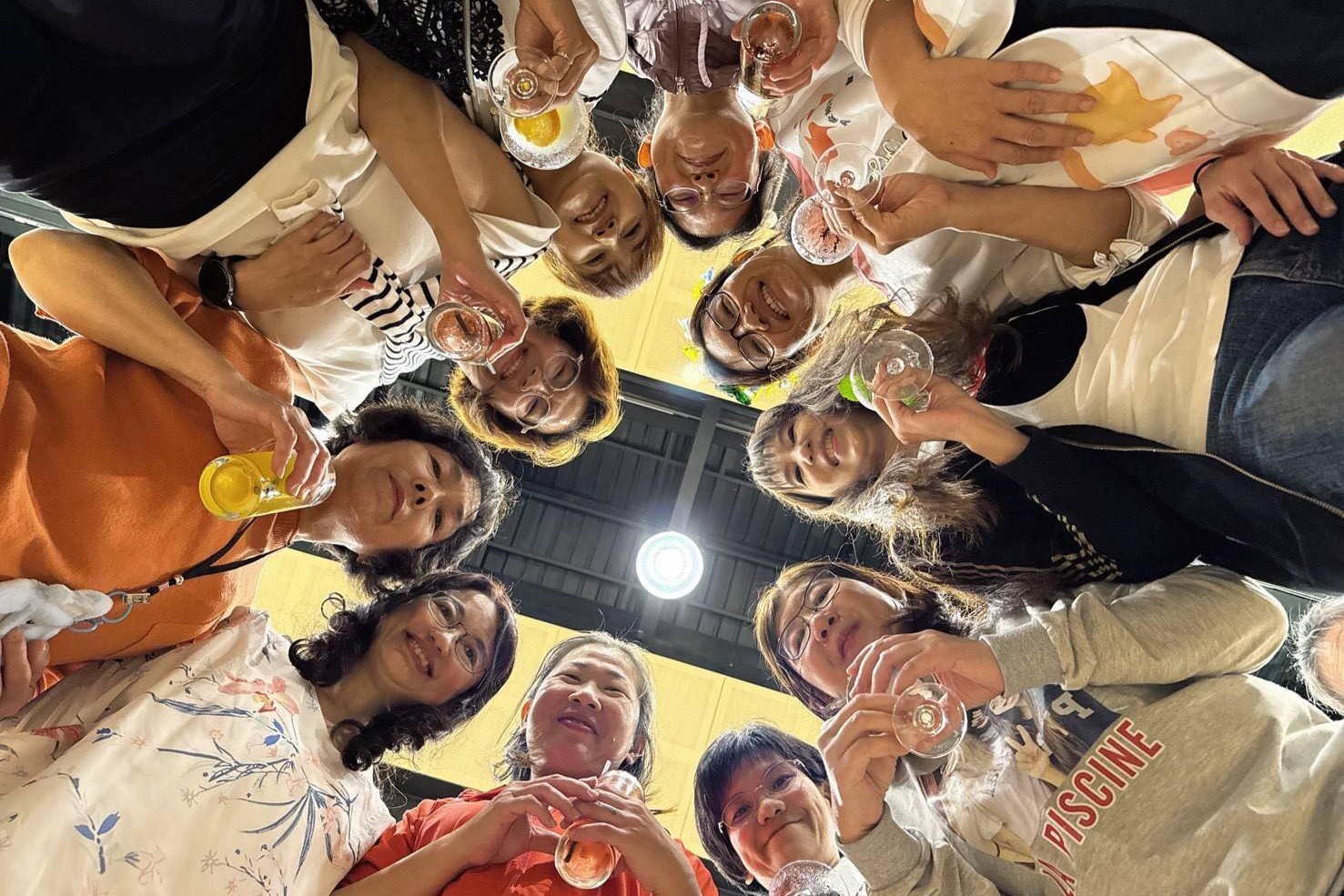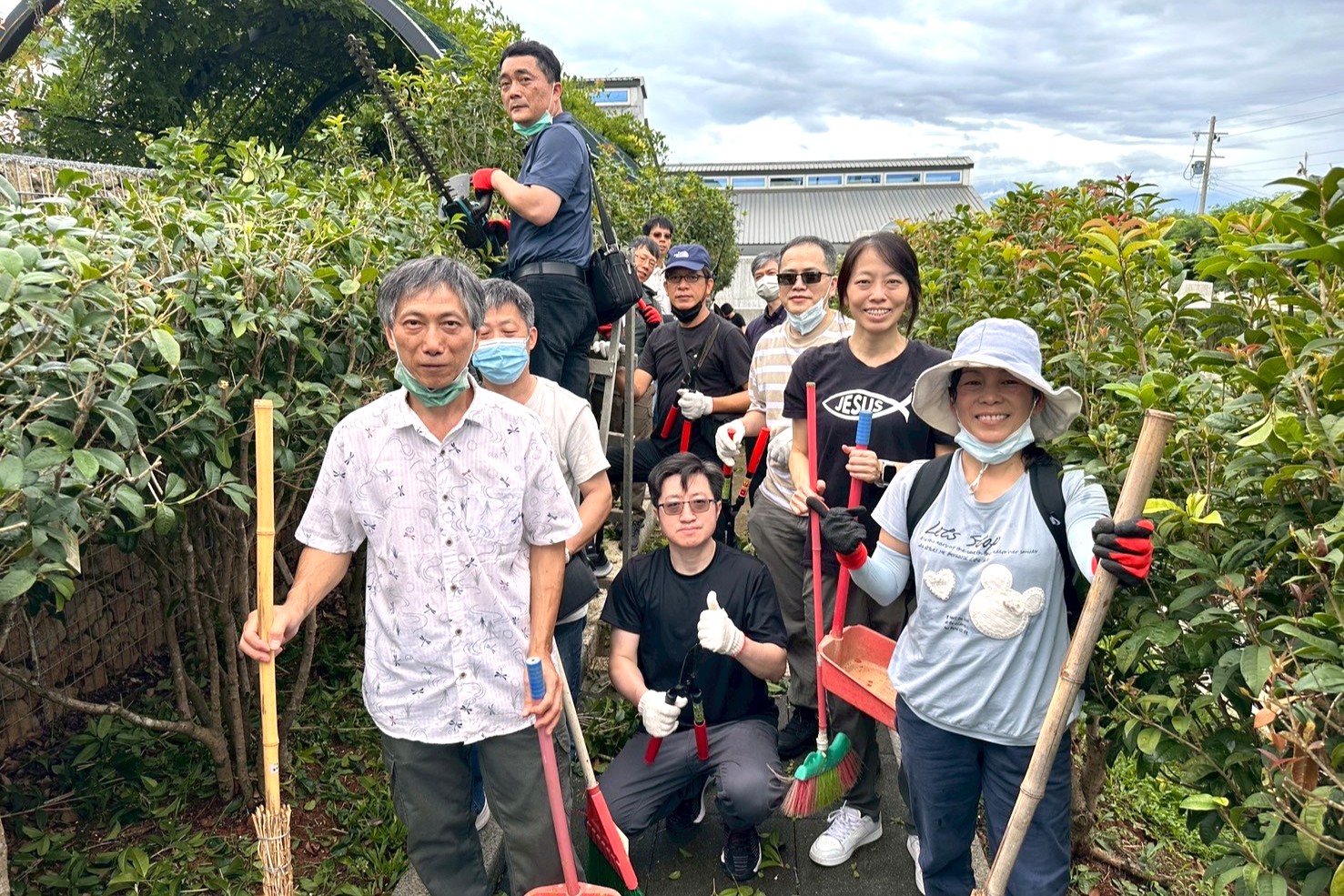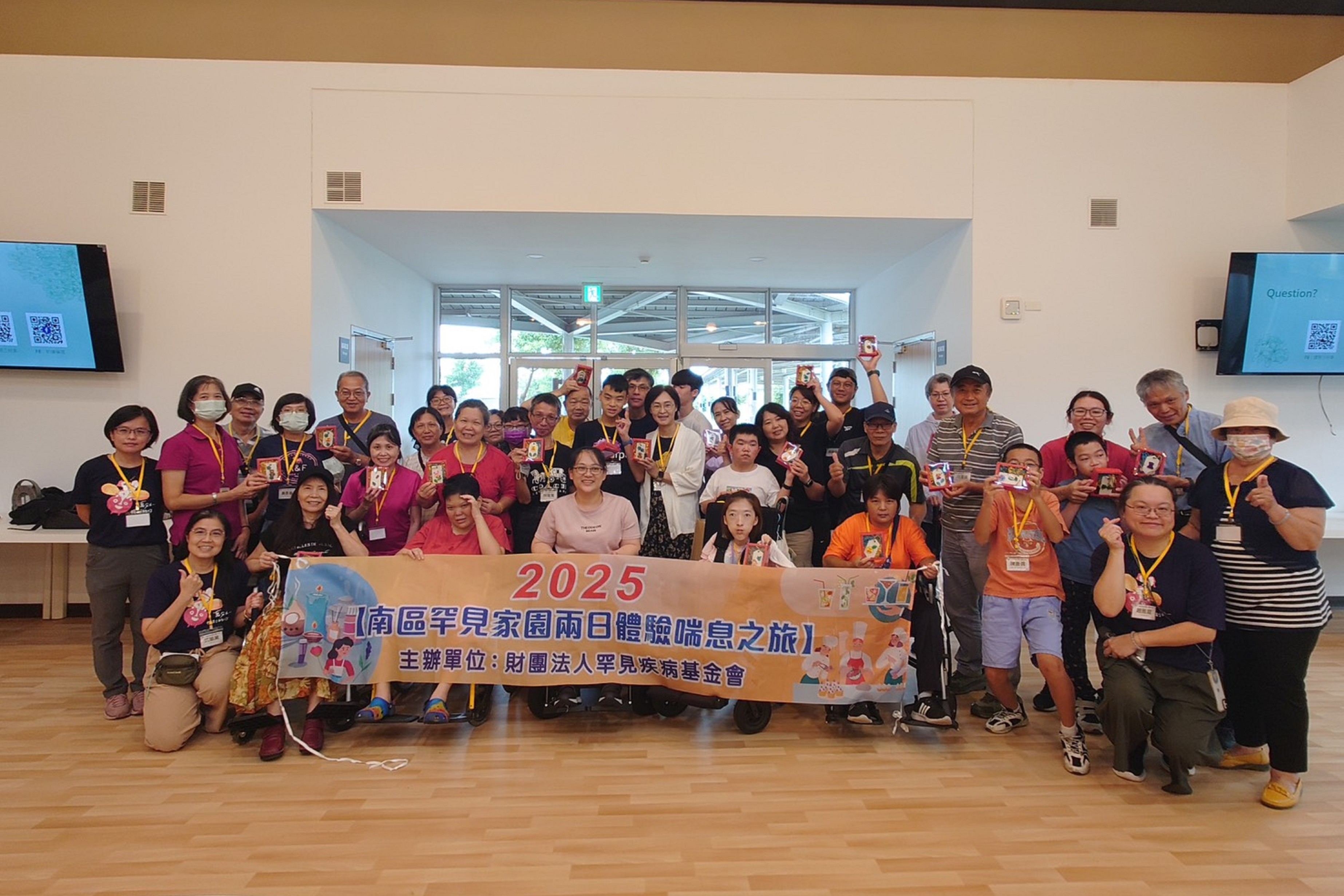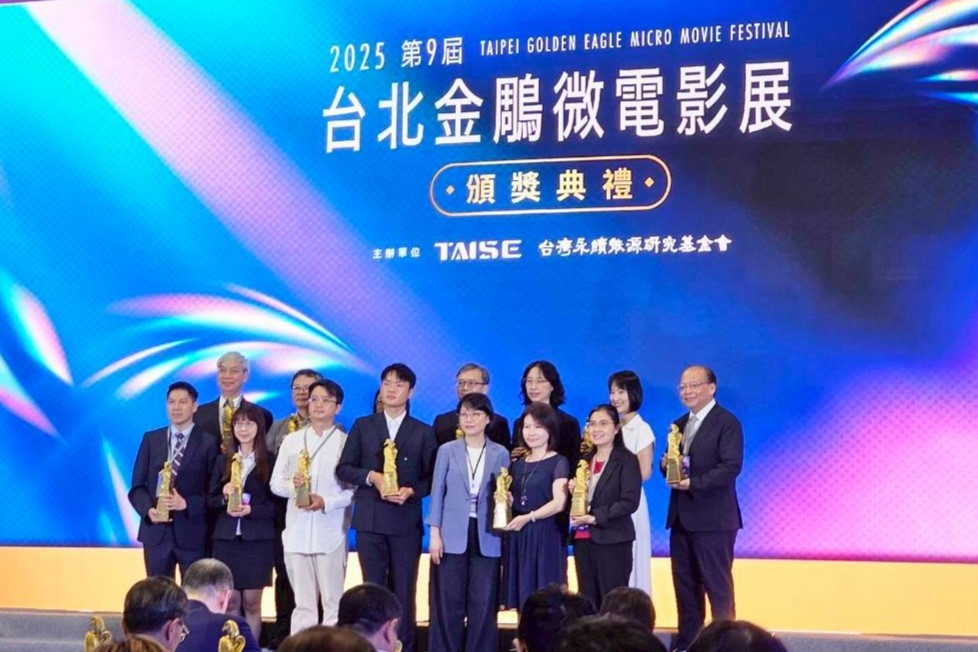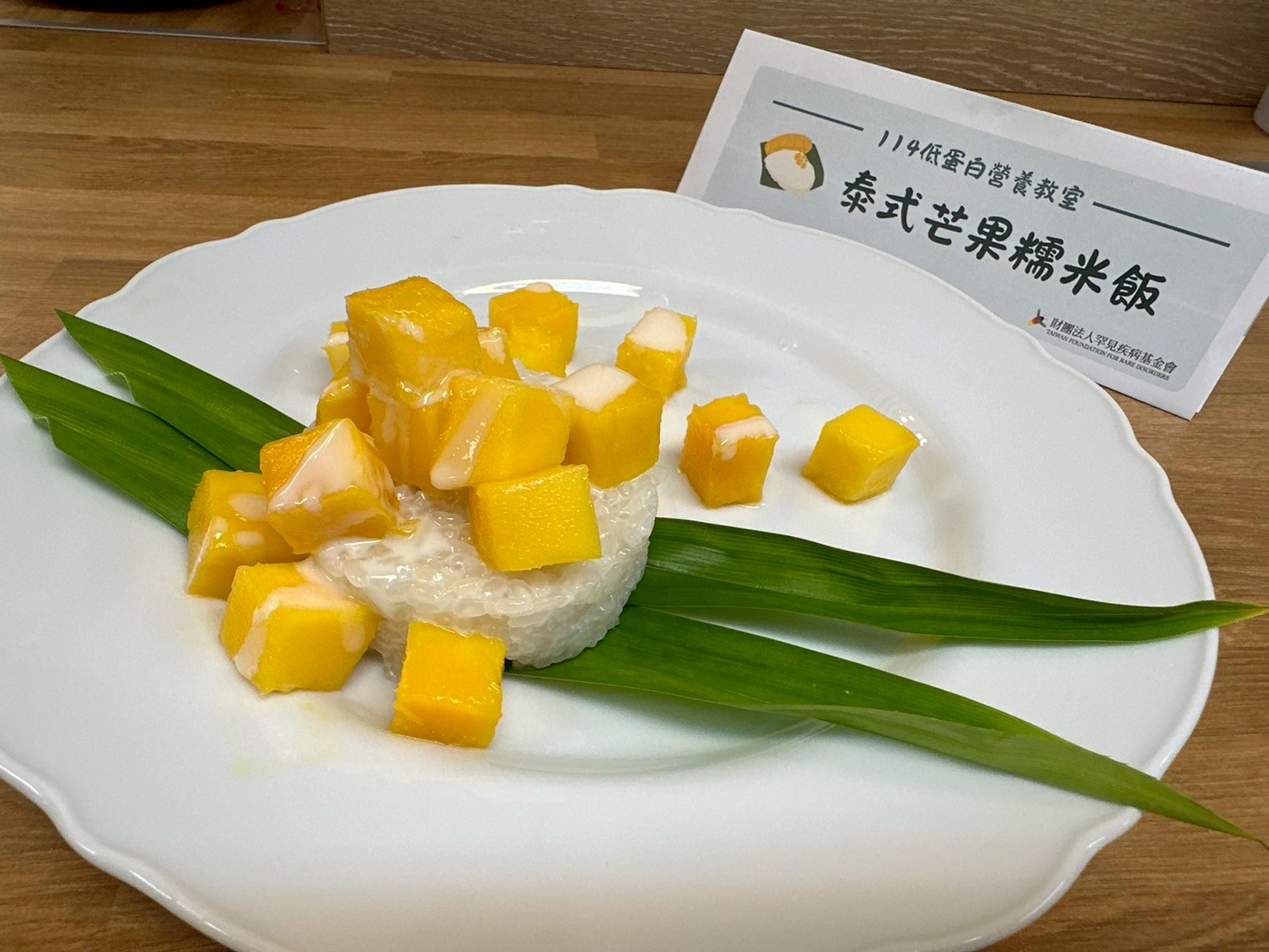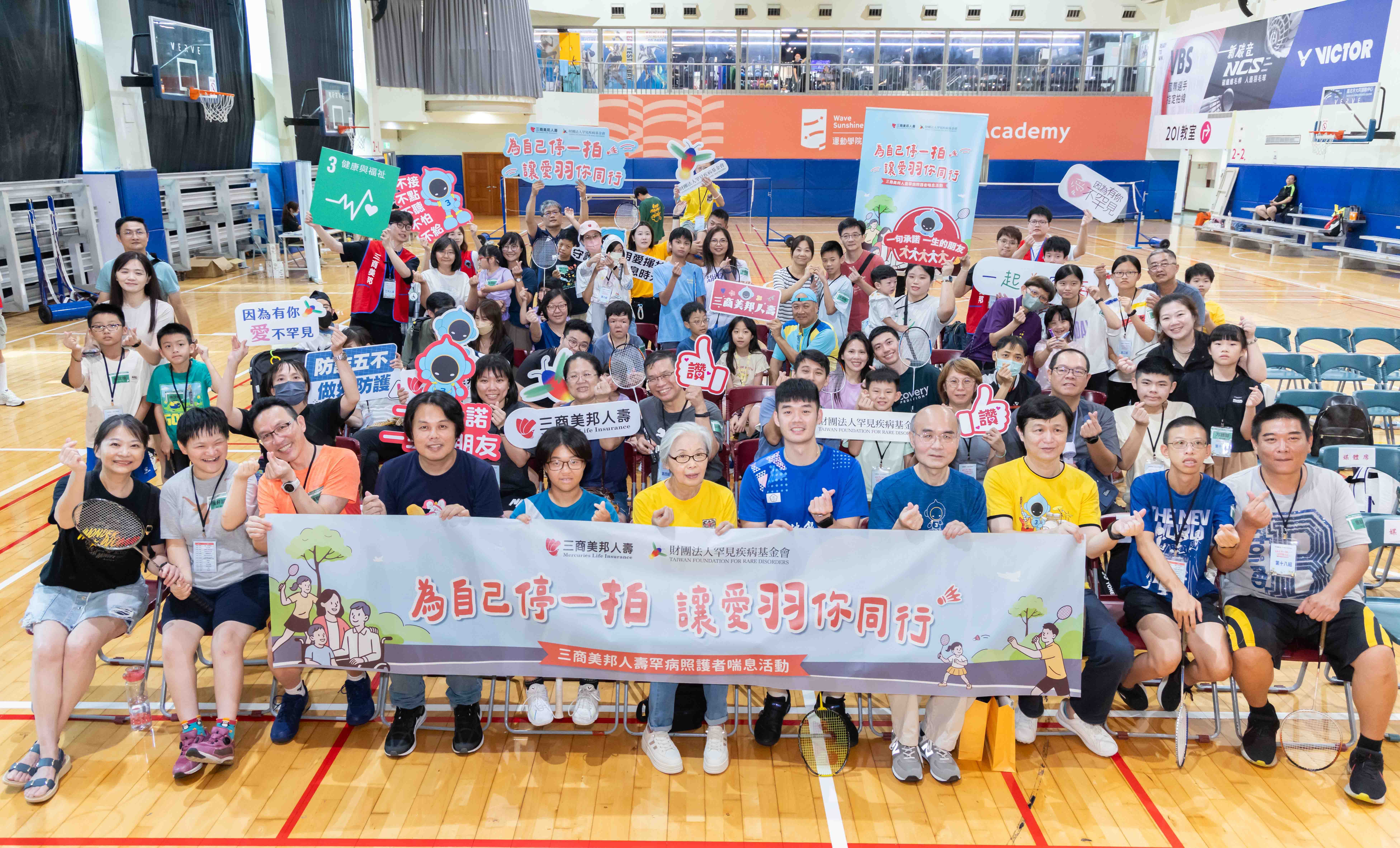News
ESMT Educational Foundation Empowers RD Patients
Ukulele Music Training Course
To broaden patients’ exposure to music, renowned piano composer Wu Cheng-wan, who lives with Leber’s hereditary optic neuropathy (LHON), organized a 10-week "Ukulele Music Training Course." The program attracted 20 patients and family members, who attended consistently under Wu’s accessible, step-by-step instruction. The participants gradually mastered strumming techniques and music theory, progressing to group performances with vocals. On November 23, the class took the stage at the Rare Disease Scholarship Award Ceremony, showcasing their musical achievements and the resilience and determination of the rare disease community.
Project To Publish A Positive Energy Journal With Illustrations About Rare Diseases
With the goal of inspiring individuals from all walks of life who care about rare diseases to transform challenges into resilience through positivity, Li Jia-mei, founder of the Little Light Spot Gallery and a patient with thalassemia major, dedicated nearly six months to personally hand-painting the uplifting Positive Energy Journal. This thoughtfully crafted journal blends Taiwan’s breathtaking landscapes with original illustrations depicting aspects of rare diseases. It also features inspirational quotes from over 50 patients and their families, filling each page with warmth and profound meaning. Since its release, the Positive Energy Journal has resonated deeply with the public, earning widespread acclaim.
Breaking Barriers with Compassion: Rare Disease Outreach Through Visual Storytelling
Lin Yu-sheng and Lin Zi-yang, siblings living with spinal muscular atrophy, have a deep understanding of the challenges faced by individuals with disabilities when traveling. Leveraging their expertise in filmmaking, they offer viewers an immersive, first-person perspective on an innovative “Barrier-free Mini-trip,” showcasing how patients can experience the joy of travel without concerns. Their efforts also extended to the LLB Charity Baseball Tournament, where they meticulously documented the remarkable journey of a baseball team composed of children with disabilities. Through their video storytelling, Yu-sheng and Zi-yang helped bridge the gap between the public and individuals with rare diseases, emphasizing the need for improved services and a truly accessible environment.
Crochet Experience Courses
Chi Jing-juan, one of the Rare Craftsmen and a patient living with facioscapulohumeral muscular dystrophy, has successfully conducted four classes of “Crochet Experience Course” in Taipei and Kaohsiung. A total of 63 patients and their family members actively took part in these classes. Ms. Chi meticulously produced instructional videos, provided step-by-step demonstrations, and guided participants in crafting practical items such as mobile phone wristbands and firefly dolls symbolizing rare diseases. These handcrafted pieces were later showcased at a cultural and creative achievements exhibition. Many participants, initially uncertain about their skills, gained confidence as they completed their projects, their eyes shining with a sense of accomplishment. Beyond learning the art of crochet, they also formed meaningful connections with one another. The workshops were met with an overwhelmingly positive response.
“AI Without Barriers, Unlimited Creativity” Art Training Camp
Due to the progressive decline in hand function, many individuals living with rare diseases find it challenging to create art using traditional tools such as paper and pens. In response, Lai Zhiming, a multiple sclerosis patient, spearheaded the inaugural “AI Without Barriers, Unlimited Creativity” art training camp, bringing together 37 patients and their family members. Mr. Lai introduced participants to fundamental digital drawing programs and provided guidance on showcasing their artwork through social media and online platforms. For many patients, social integration remains a significant challenge. However, this AI-driven learning experience not only fostered creative expression but also opened new avenues for functional and social participation among rare disease communities.
Know-How Series in Horticulture
Aiming to promote horticultural knowledge and facilitate employment for patients with rare diseases, Huang Xinhui, a patient with lymphangioleiomyomatosis (LAM), drew on her horticultural expertise and extensive teaching experience to carefully plan a five-phase Know-How Series in Horticulture tailored to the needs of disabled students. The course content guides students to come into contact with a variety of materials such as succulents, vegetables, and osmanthus, and learn a variety of techniques such as cement pouring and rattan wreaths to create amazing plant works. Through these practical processes, students not only gain an in-depth experience of various gardening services, but also reap a sense of surprise and accomplishment from their learning!
Translator: David Lee (Becker Muscular Dystrophy)

